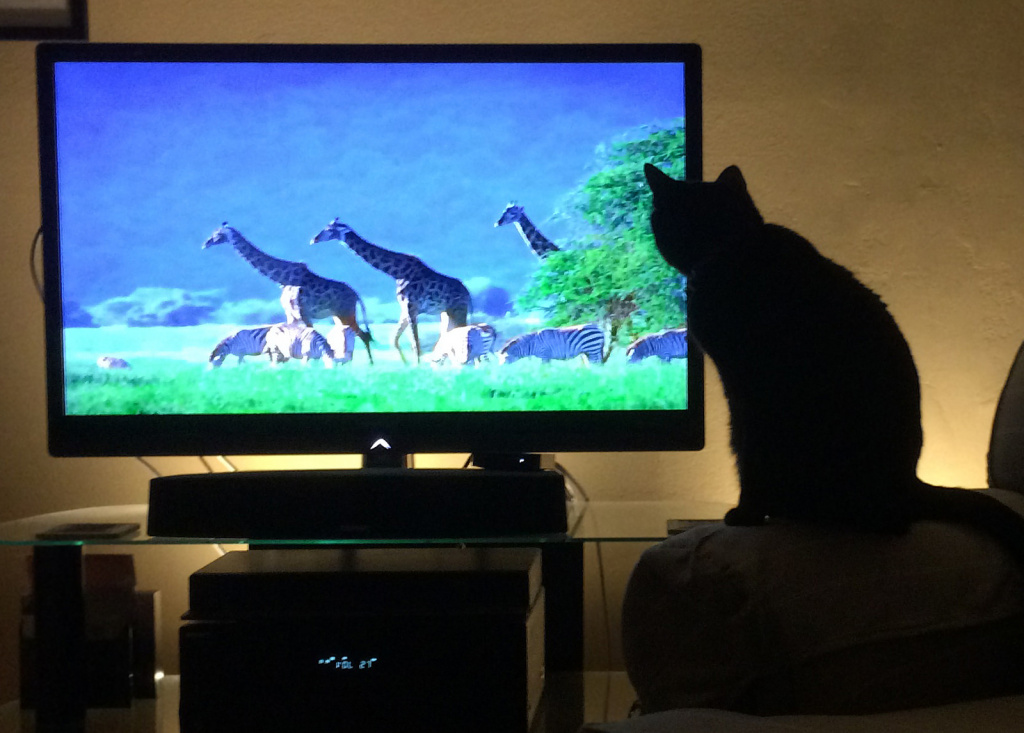Want To Break Up Your Cable Bundle But Keep Your Favorite Channels? That Could Be About $250
A certain segment of consumers have been clamoring for years for cable distributors to break up the monolithic, 300-channel bundle into a la carte offerings. For those who don’t watch sports, the logic goes, why pay for ESPN? Why pay for TLC if you don’t watch reality TV, or CNN if you don’t give a damn about news?
We’ve now reached the era that’s putting those theories to the test. In addition to non-linear streaming services like Netflix, Amazon, and Hulu, consumers have more bundle-breaking options than ever. There are individual channels, like HBO, Nickelodeon, and CBS, available through over-the-top, internet-based, streaming access. There are small bundles of streaming channels, like Dish Sling. And there are even new pared-down bundle options in the traditional pay-TV realm, from Verizon FiOS.
But the a la carte dream has always had two main obstacles. One is the conflict between programmers and distributors: the legal road to offering “flexible” bundles is not at all smooth. But the other the basic matter of cost. Bundling may drive some consumers nuts, but it probably saves them big bucks.
CNBC ran the math this week on just how much a cable network costs the average viewer now, and just how much it would be likely to cost in a build-your-own bundle. Whether the results are encouraging or discouraging depends entirely on what you like to watch.
Here’s how CNBC got their numbers: first, they assumed that most of us would build bundles of 17 channels. That’s what study after study has found the average cable subscriber actually ever watches, out of their hundreds.
Then, CNBC assumed that the channels would not want to lose money (a safe guess), and so assumed that the revenue from an unbundled channel would need to add up to the revenue of a bundled channel.
As it stands, in the current setup, a cable company like Comcast pays a network like ESPN or SpikeTV or Discovery a certain amount of money per month per subscriber. The sum total of those costs (and then some) is your monthly cable bill. For most cable networks, it’s somewhere between ten cents and a dollar. For EPSN, it’s over $6 per month. So there’s your high end: EPSN is getting, from cable companies, about $6 per month per subscriber those companies have. That’s a lot of money.
But, CNBC points out, only 24% of cable subscribers actually watch ESPN. Assuming all 24% of those subscribers wanted EPSN in their personal 17-channel bundles, ESPN would have to charge those viewers over $25 each per month in order to recoup the cash.
CNBC has an interactive chart on their site showing their results for 87 different cable networks. The most expensive a la carte channel, they estimate, would be ESPN Classic. Although its current affiliate fee is only $0.21 per month, not even 1% of cable viewers actually tune to it. So in order to make the money back from the handful of individuals who do, they’d have to charge $42.
At the other end, we have the Hallmark Movie channel. Its viewership is more impressive than ESPN Classic, capturing almost 5% of cable viewers — but it’s a cheap one, currently estimated to be bringing in two cents per month per subscriber. That means if every current viewer put it in their bundles, they could have it for a modest $0.41 per month.
Therefore, CNBC concludes, choosing your own personalized 17-channel lineup could be a great savings, at $16… or could run you a meaty $248, if their math is right. And for most of us, the bundle would be somewhere in between.
The numbers are probably somewhat imprecise, since the exact terms of distribution agreements are infamously secret. But the ranges feel likely.
So if you still want your own a la carte cable, but still want to save money, you’d better hope you don’t like sports or speak Spanish.
How much would it cost to get your favorite channels a la carte? [CNBC]
Want more consumer news? Visit our parent organization, Consumer Reports, for the latest on scams, recalls, and other consumer issues.


